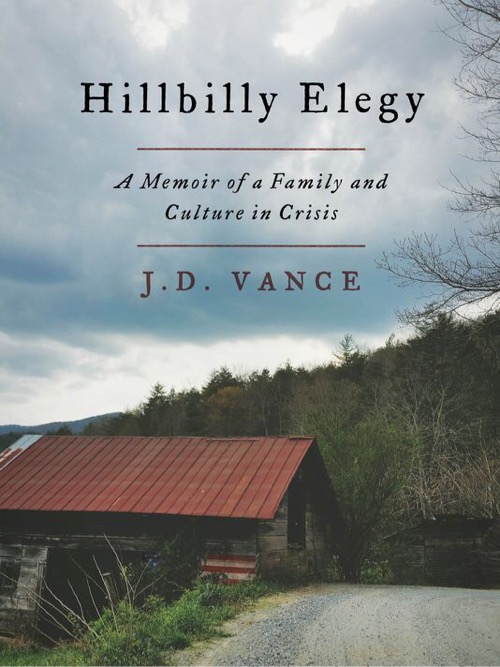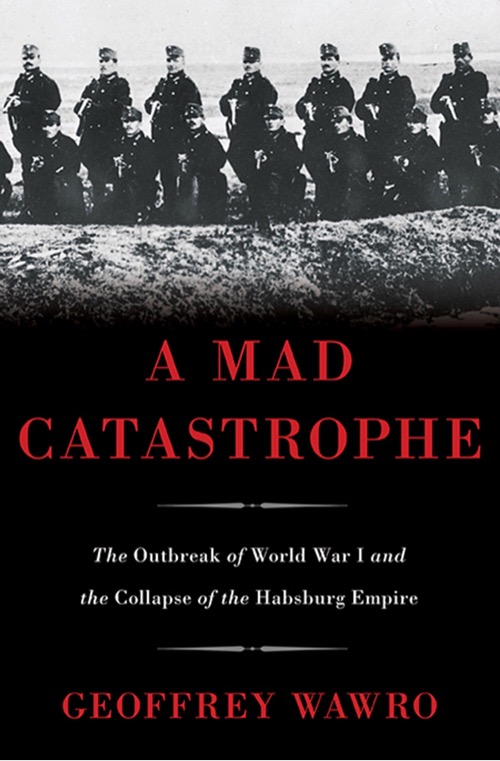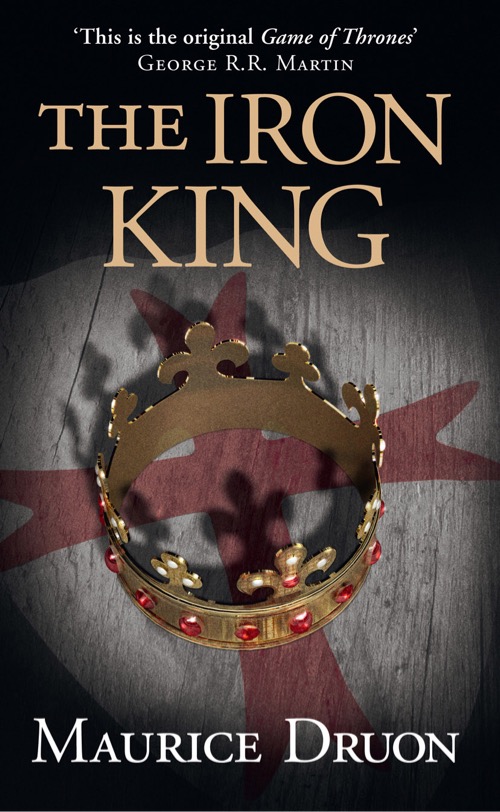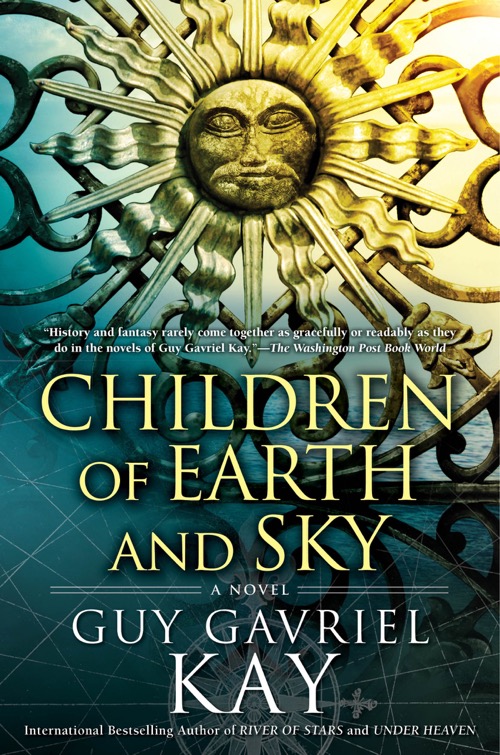C. Boyden Gray and Elise Passamani, writing at The American Conservative, argue that the major TV networks fed misinformation to voters in the Florida panhandle, during the 2000 election between George Bush and Al Gore.
The northwesternmost part of Florida is the Panhandle, which stretches along the Gulf of Mexico to Alabama. Often called the “Redneck Riviera,” it is the most Republican part of Florida, regularly giving Republicans big margins in state and national elections. The nine Panhandle counties that are farthest west—Bay, Calhoun, Escambia, Holmes, Jackson, Okaloosa, Santa Rosa, Walton, and Washington—are in the Central Time Zone, and one additional county, Gulf, is split between Central and Eastern Time. According to the Miami Herald, “It is only a few miles to the Alabama border from anywhere in the western Panhandle, but more than five hundred miles and a cultural light-year to Miami.”
On Election Night, between 6:30 and 7:50 p.m. Eastern, anchors on all the major networks and cable channels reported over and over again that the polls in all of Florida closed at 7 p.m. Eastern. Not once did anyone on ABC, CBS, CNN, Fox News Channel, NBC, or MSNBC inform the audience that Florida has two time zones and two poll closing times. During that hour and 20 minutes, 13 journalists asserted a total of 39 times that there was only one poll-closing time throughout the entire state of Florida.
They argue that this misinformation caused hundreds of thousands of Florida votes to stay home, rather than voting after work, and that this voter suppression made the Florida vote look like a dead heat rather than a clear Bush lead.
The stark effect of this widespread misreporting can be seen in the sworn, notarized testimony of a pair of poll workers who were on duty as inspectors that day in Precinct Eight, Escambia County. According to the 2004 Almanac of American Politics, “Pensacola’s Escambia County, where about half the district’s people live, is the state’s westernmost county.” The first poll worker attested that:
We had the usual rush in the early morning, at noon and right after work. There was a significant drop in voters after 6:00. The last 40 minutes was almost empty. The poll workers were wondering if there had been a national disaster they didn’t know about. It was my observation that this decline in voters between 6:00 and 7:00 was very different when compared to previous elections. The last 30 minutes was particularly empty. There is usually a line after the poll closes. In this election there was no one.
The second poll worker corroborated the testimony of the first, stating, “The expected rush at the end of the day didn’t happen. We were all very surprised. It was a normal day until 6:00 pm. Between 6:00-7:00 pm voter turnout was very different from past elections. There was practically no one the last 40 minutes.” Since the final hour of voting in any election is typically characterized by an after-work rush, one can only imagine how many people would have voted in that last, deserted 40 minutes, but for the misinformation dispensed by the network and cable news anchors.
It is possible, though, to make a rough estimate. The Florida Department of State provides the 2000 election results by county in an online archive. If you add up the total votes from all 10 Panhandle counties in the Central Time Zone, you find that the total number of votes cast was 357,808; Bush received about 66 percent and Gore received about 31 percent. The polls were open for 12 hours, from 7 a.m. to 7 p.m. If you divide the day into 12 hours of voting at an equal rate, with 357,808 representing the votes cast in the first 11 hours, an additional 12th hour would have yielded a further 32,528 votes. Assuming the partisan split remained the same, Bush would have received over 21,600 additional votes, and Gore more than 10,100. This would have added over 11,000 votes to Bush’s statewide margin in Florida. (The same calculation done excluding Gulf County, which is on both Central and Eastern Time, also adds more than 11,000 votes to Bush’s statewide margin.)
It stands to reason that the pattern of voting in the Panhandle in the final hour would have remained the same. While this additional group of votes would not have been large enough to have precluded an automatic machine recount immediately after the initial statewide tally, it would have raised Bush’s lead to five digits, and it would have ended the conversation about who actually won the state very early on.
I think they have a point about the overall swing in the vote count and the margin in the election. I think they're overstepping their evidence when they argue that the news anchors deliberately lied, in an effort to boost Al Gore and harm George Bush.
I'm quite willing to believe that the anchors were idiots who couldn't manage to remember that Florida straddles two time zones. I'm much more skeptical about a deliberate coordinated series of lies, in an attempt to swing the results of the election.
∞





